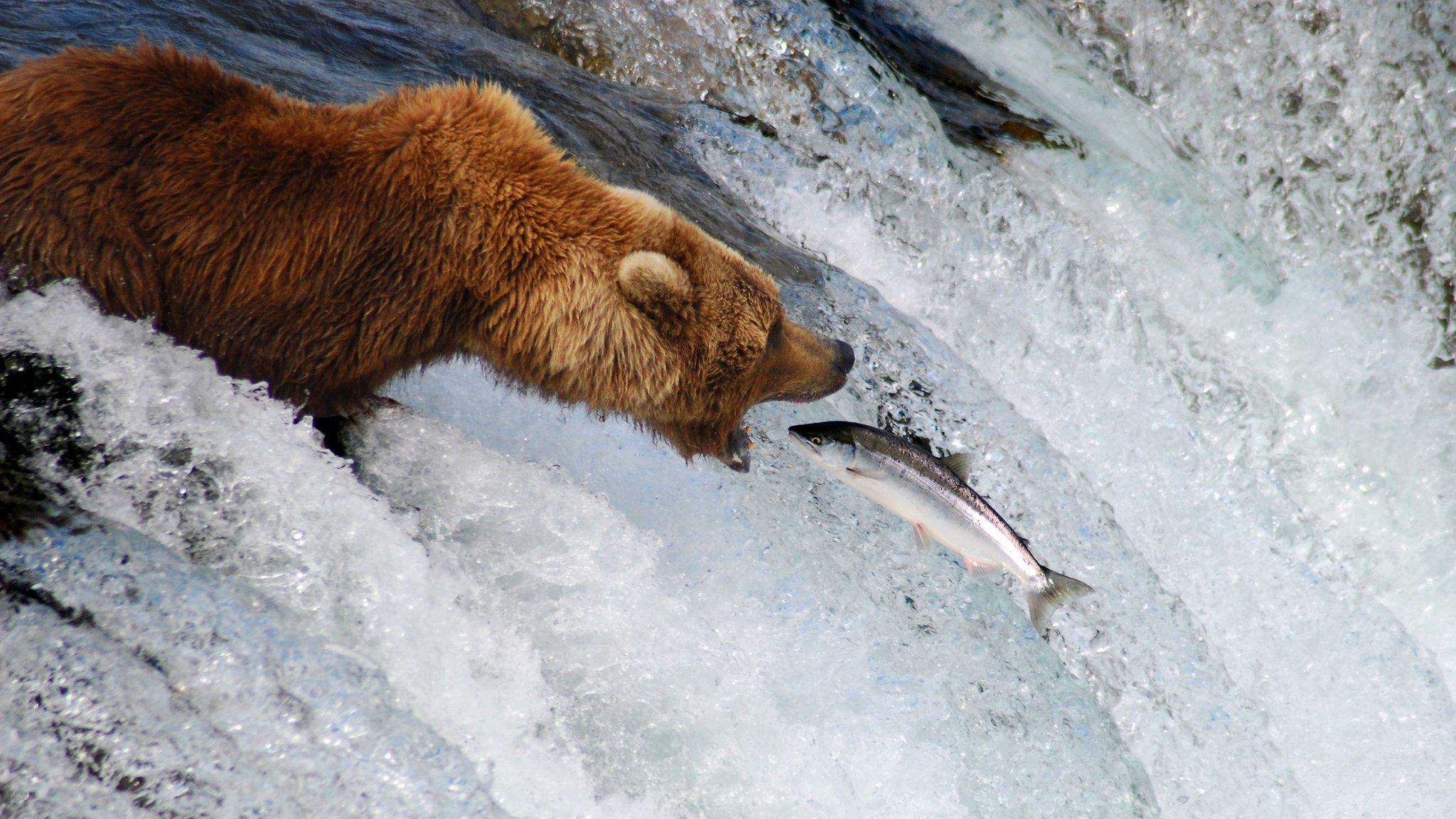Anglers on alert for invasive Pacific pink salmon
- Published
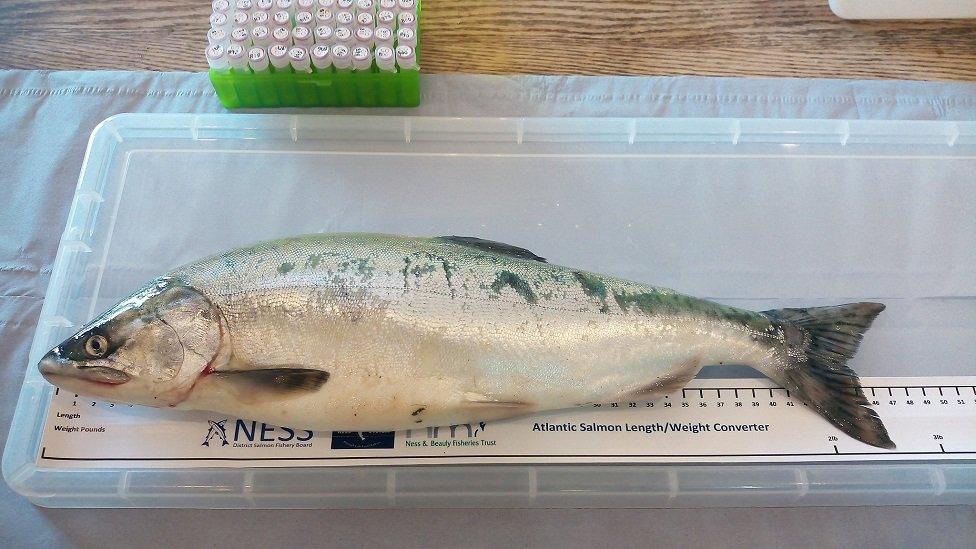
A pink salmon was caught in the River Ness at the end of June
Anglers have been asked to report catches and sightings of an invasive species of salmon in Scottish rivers.
Pink salmon are native to Pacific Ocean waters but have spread to parts of northern Europe after being released into rivers in Russia in the 1960s.
"Unprecedented numbers" of the fish were found in Scottish rivers in 2017, and high numbers were again seen in 2019.
The salmon have already been caught this year in the Ness in the Highlands.
Fisheries Management Scotland (FMS) has asked anglers to report where else the fish have been found.
The organisation is the representative body for Scotland's district salmon fishery boards, rivers and fisheries trusts and the River Tweed Commission.
There are concerns pink salmon could out-compete native fish species for food and habitat.
FMS said the number of native wild Atlantic salmon returning to their spawning grounds in the UK had "fallen dramatically" since the 1970s, and the invasive species was seen as an "additional threat" to its survival.
Allow X content?
This article contains content provided by X. We ask for your permission before anything is loaded, as they may be using cookies and other technologies. You may want to read X’s cookie policy, external and privacy policy, external before accepting. To view this content choose ‘accept and continue’.

Pink salmon have a fixed, two-year life cycle and generally spawn in summer.
FMS said due to this life cycle it was possible they would appear again in Scottish rivers this year following the previous sightings in 2017 and 2019.
It said it was working closely with the Scottish government and public agencies to try and better understand the threats posed by the invasive species to native fish stocks.
Related topics
- Published11 June 2019
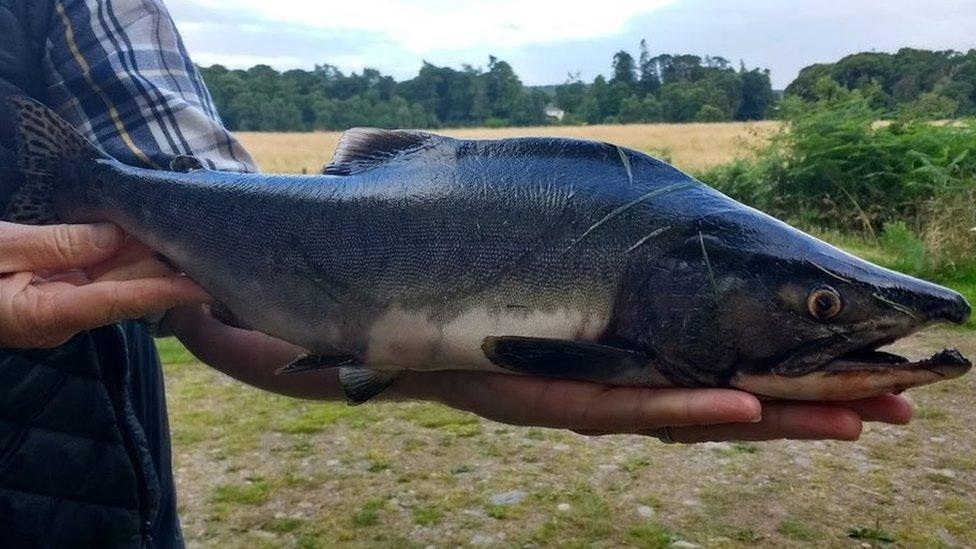
- Published26 October 2017
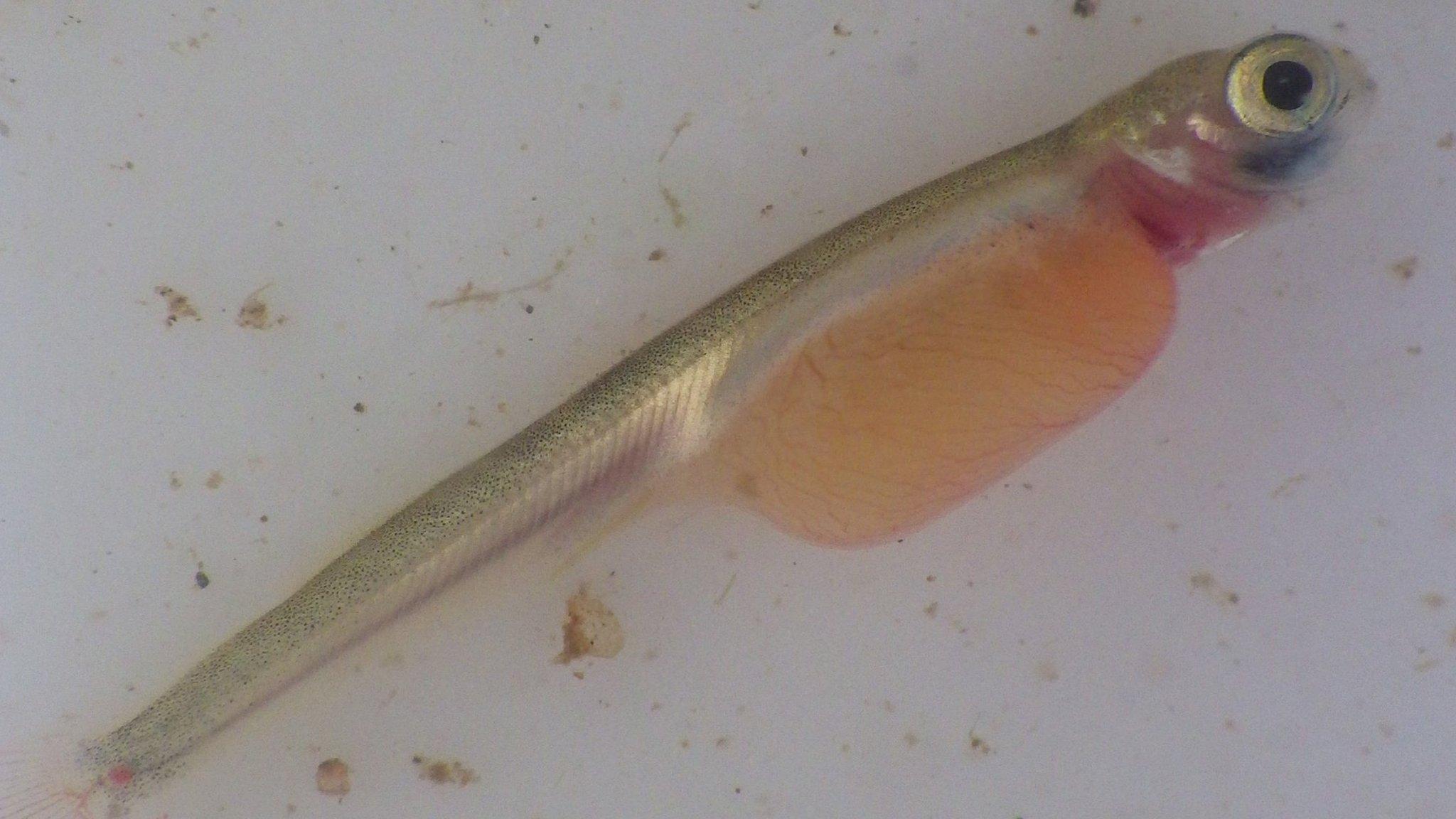
- Published14 August 2017
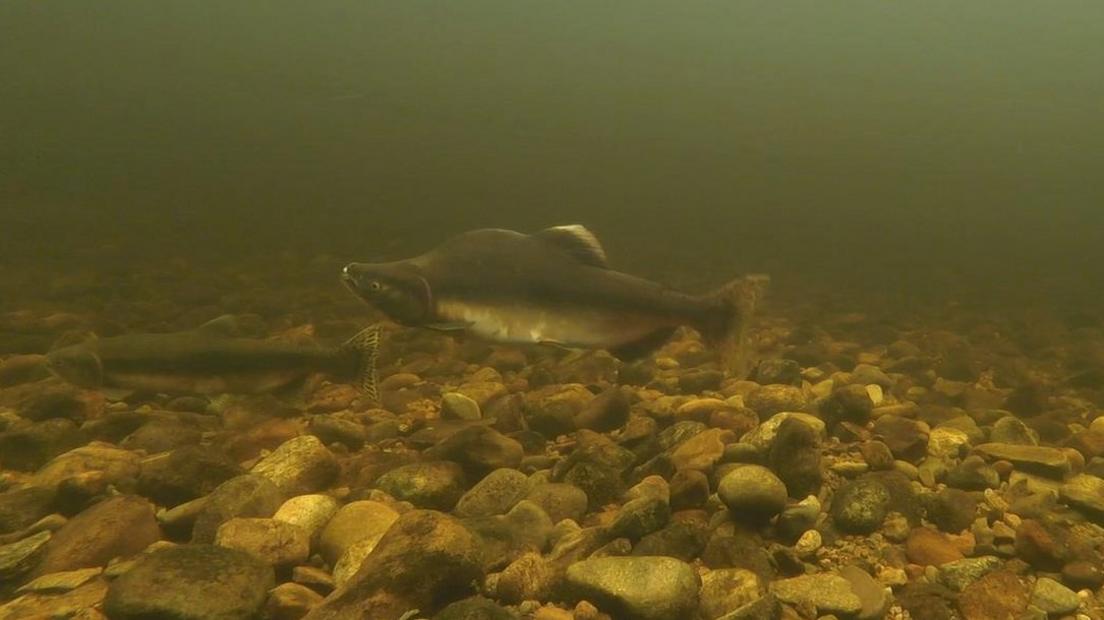
- Published15 July 2017
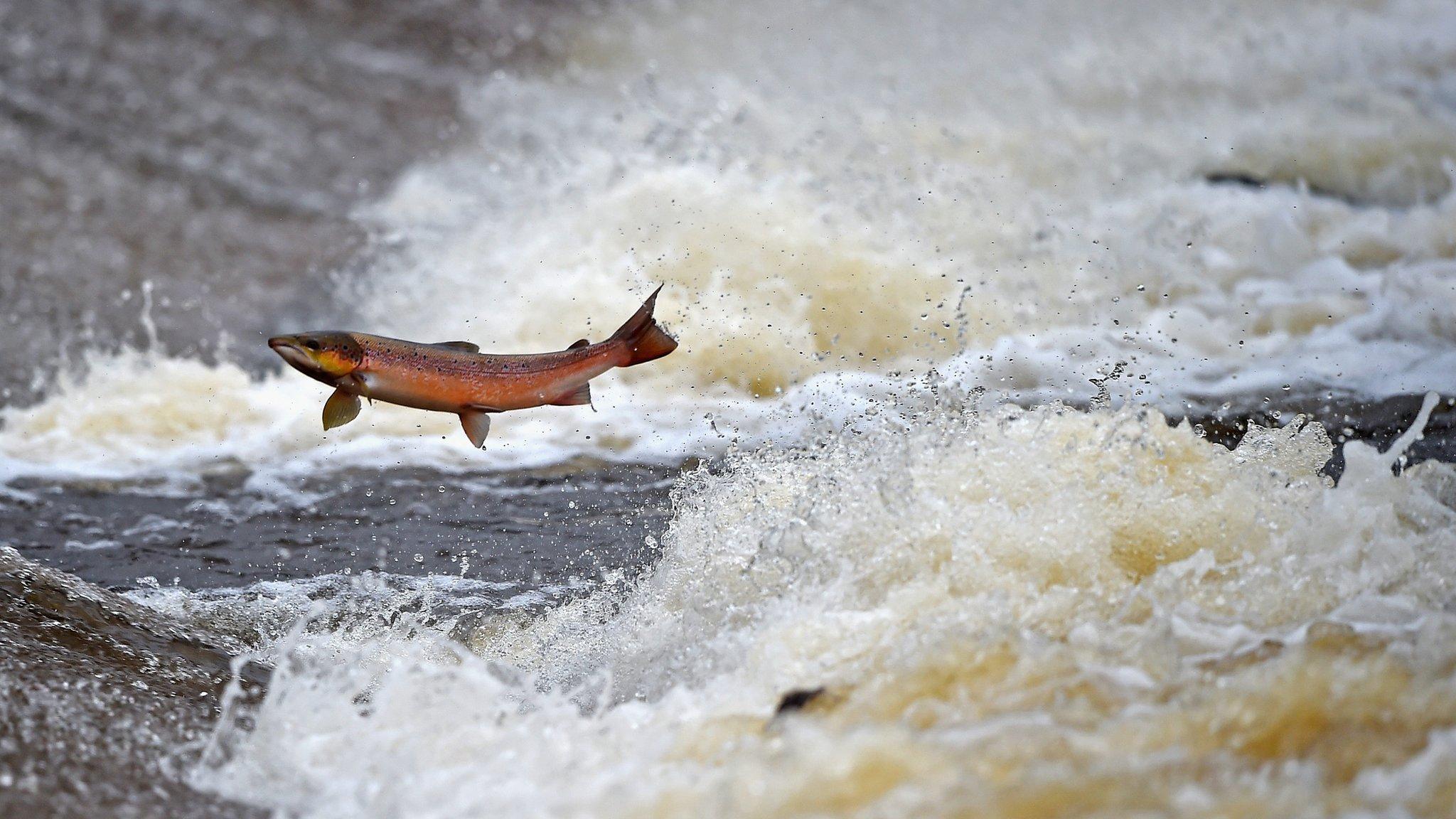
- Published11 July 2017
